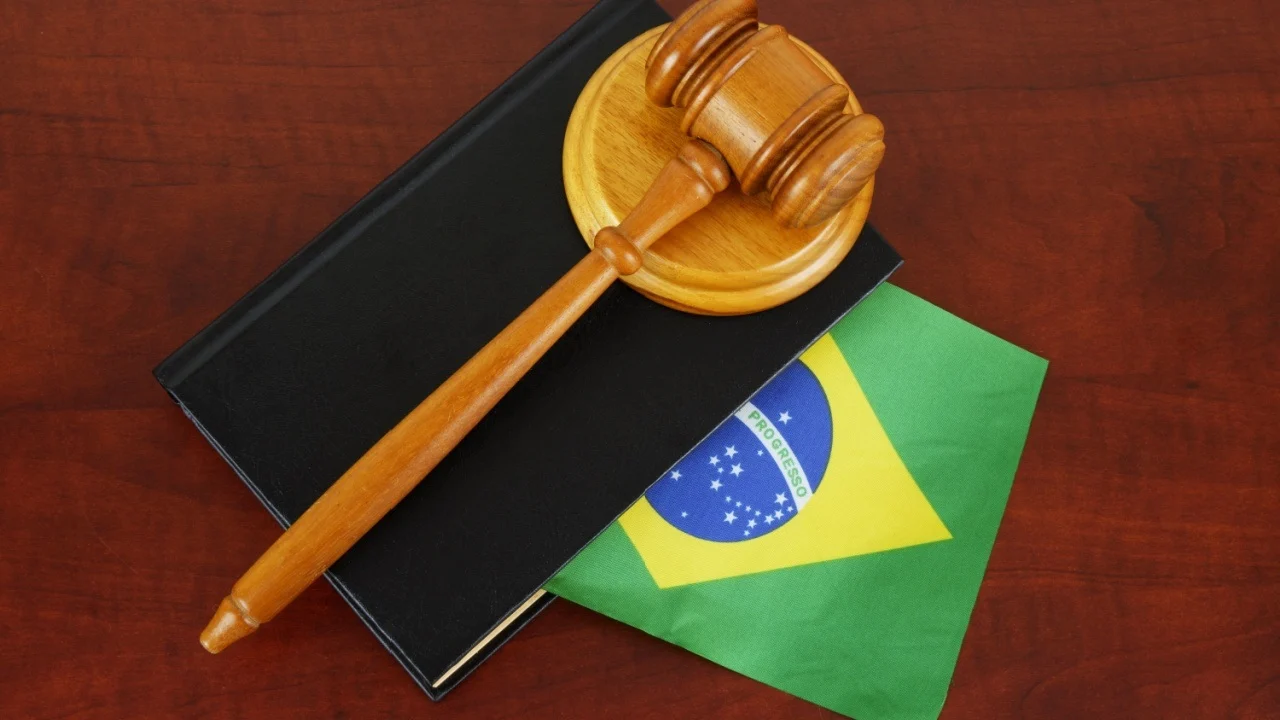Breaking: Brazil Grants Legal Green Light to Seize Crypto Assets in Landmark Ruling

In a groundbreaking decision, Brazil's National High Court has empowered judges with a powerful new tool in debt collection: the ability to directly contact cryptocurrency exchanges and freeze digital assets. This landmark ruling provides judicial authorities with a streamlined method to seize cryptocurrency holdings to settle outstanding financial obligations.
The court's decision marks a significant milestone in the legal treatment of digital currencies, recognizing cryptocurrencies as tangible assets that can be leveraged in financial disputes. By allowing judges to communicate directly with exchanges, the process of asset seizure becomes more efficient and transparent.
This ruling demonstrates Brazil's progressive approach to integrating digital currencies into the legal framework, offering a clear mechanism for resolving financial conflicts involving cryptocurrency. It signals a growing acknowledgment of digital assets as legitimate financial instruments that can be subject to traditional legal enforcement methods.
For cryptocurrency holders and exchanges, this decision underscores the importance of maintaining compliance and being prepared for potential judicial interventions. It also highlights the increasing legal sophistication surrounding digital currencies in emerging markets like Brazil.
